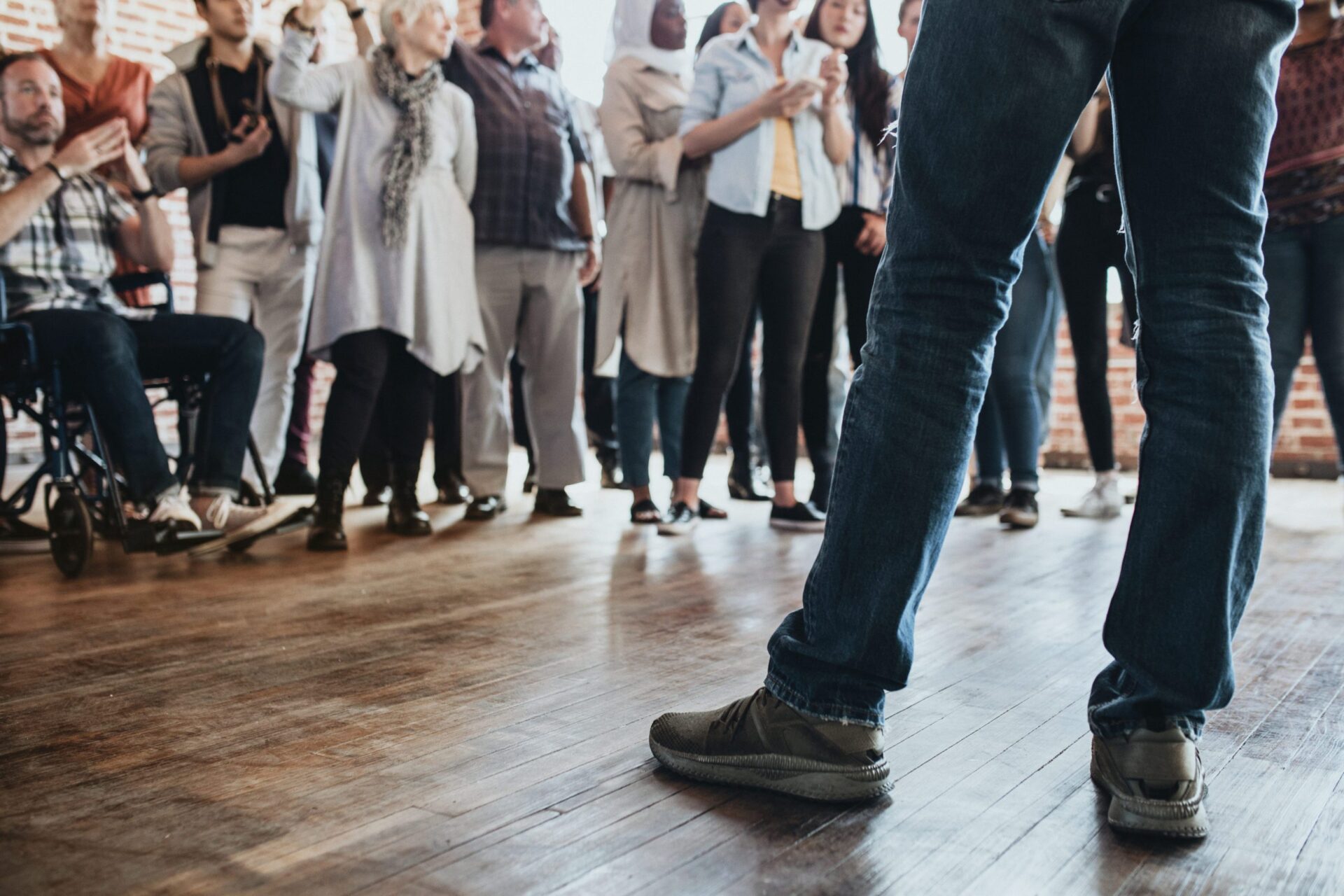
People aspire to have a community that is fair, compassionate, connected, accepting, safe and supportive for all.
Community conversations on drug policy and fairness: what we have learned
Simon Beck
17.11.21
As part of the Community Conversations project six volunteers learned the Harwood Institute for Public Innovation’s approach to engaging a community around a particular issue. This involves identifying shared aspirations, concerns, actions, barriers and partners. We invited anyone with an interest in drug policy or social justice to join the conversations. Nine online conversations took place with groups ranging in size from four to nine people.
Now the first phase is finished and the leadership team has summarised what they’ve heard so far. Some of the project leaders and participants also helped make a short video about the project.
What kind of community do people want to live in?
What we have heard is that people aspire to have a community that is fair, compassionate, connected, accepting, safe and supportive for all. People want their community to be inclusive and embracing of diversity in a meaningful, non-tokenised way. They want drug use to be a health issue when it is problematic. They want to see a kind and cooperative response to those dealing with substance use issues. They want to see less shame placed on people who use drugs and a shift away from viewing substance use or dependence as a personal failing.
Division and disconnection, punishment and police
People worry about division and disconnection, the overuse of punishment and police, wealth and power inequality, unequal access to housing, health and social services, racial and gender inequality, and the prioritisation of ‘the economy’ over wellbeing. Participants say it is these issues that underpin the psychosocial determinants of health, and that these are the biggest factors behind problematic patterns of substance use. People believe problematic use is only a small proportion of all drug use in our community. Participants saw the need to end criminalisation of people who use drugs. Blaming drugs or drug use in isolation for issues stemming from large social issues was seen as scapegoating.
People feel drug policies are unequally enforced and that they criminalise disadvantage. Marginalised communities are far more policed. They then often face harsher outcomes from higher charges, which they are less likely to be able to afford to defend in court.
We heard that current drug policy leads to the stigmatisation, marginalisation and exclusion of people who use drugs. Exclusion, shame, self-stigma and having to hide part of who you are came up again and again in this context. The criminalisation of people who use drugs also supports a negative media stereotype. As well, these policies lead to a dishonest story around drugs, which interferes with honest and accurate education. This, not policing, should be a critical aspect of effective harm reduction.
People felt the current policies fail to reduce supply or demand, which is their stated aim. Instead they cause great harm to individuals who use drugs, their support networks and their communities. They believed it is a pointless waste of public resources. These overwhelmingly pay for police, courts and prisons, rather than funding effective harm reduction and social support.
Ending hypocrisy with alcohol, tobacco and gambling
People felt that the distinction between alcohol and tobacco and illicit drugs is hypocritical. People said it was hard to justify the current drug laws given the way the law treats alcohol, tobacco and gambling, despite the harms they can cause.
We heard that people are uncertain about how to bring about systemic change and a sense of disempowerment is common. When thinking about starting small people focused on changing the story around drugs and people who use drugs in the media. This should include sharing stories of positive experiences with drugs. These stories should illustrate the diversity of people who use drugs, and why.
Honesty, regulation, education and more access to services
Participants said that drug use can be safer through honest education and improved access to harm reduction services, including drug testing services. People said creating a regulated drug supply would also reduce harm.
Barriers to change include: the current law, stigma and taboo; a lack of political will around an emotional and contentious issue which is not a major vote winner; the vested interests of various industries, police, the legal system and politicians; and disunity among potential allies.
People say they trust organisations that represent drug users and involve people with a lived experience of drug use in leading roles. Long-standing organisations with a record of representing their community were more trusted. Community-based social services and some medical professionals were also mentioned. People were generally wary of politicians, but understood that political clout and credibility is needed to make change.
In summary, the people we worked with felt strongly that the impacts of the current policies are overwhelmingly harmful. Many people shared harrowing stories of the effects these policies have had on themselves, on those around them and on their communities. People discussed a range of potential actions and barriers to action. Even where other differences exist, aspirations for our communities are often shared, providing a point of common ground to work from, and toward.
If you would like to participate in the next series of community conversations sign up here.
Sign up
Sign up for news and opportunities to get involved
We are working to make drug use legal and safe in Australia so that everyone has a better chance to lead a healthy and happy life. Join us.